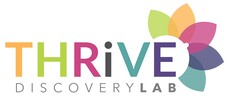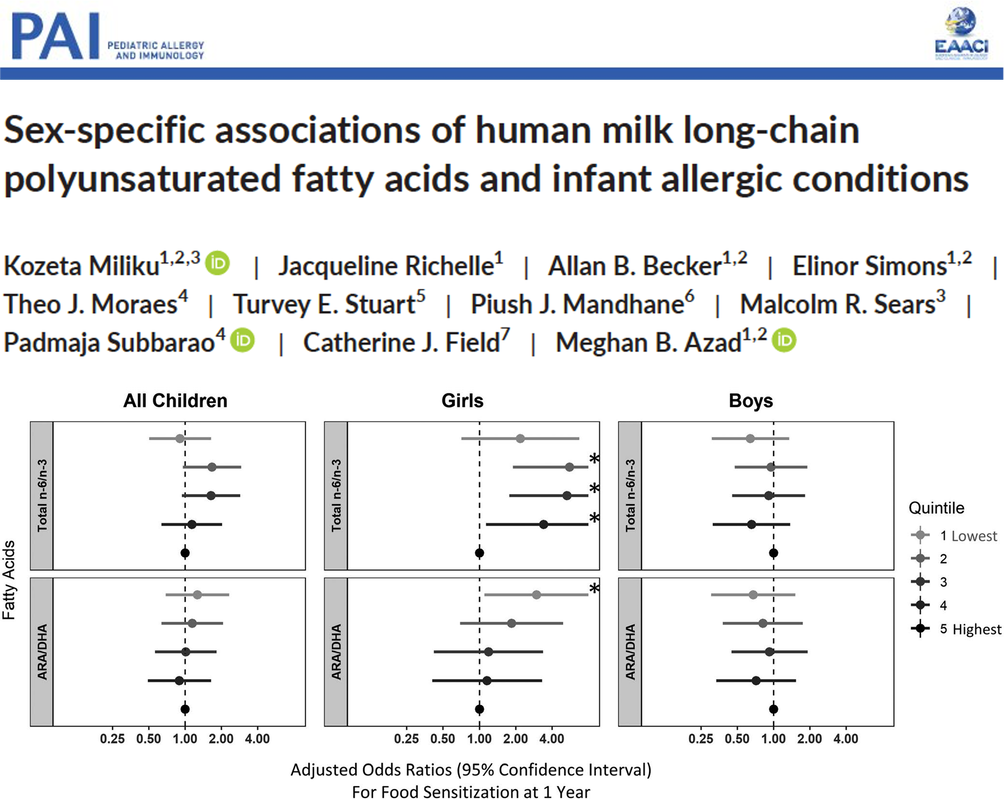|
The CIFAR Humans & the Microbiome (HMB) group, including Dr. Azad published a paper in the Proceedings of the National Academy of Sciences (PNAS) about the microbial fallout that may follow in the pandemic’s wake. Lead author, Dr. Finlay provides commentary in the NYT article "Can We Learn to Live With Germs Again?" that was inspired by their paper: “We’re starting to realize that there’s collateral damage when we get rid of good microbes, and that has major consequences for our health."
Dr. Meghan Azad, Scientific Director of the International Milk Composition Consortium (IMiC), and Natalie Rodriguez, Operations Director of IMiC, explain the dynamic and personalized nature of human milk as a biological system, and illustrate how Manitoba is pioneering global innovation in human milk research. This talk was given at the Pediatric Grand Rounds for the Max Rady Faculty of Health Sciences, University of Manitoba.
Azad Lab Trainee, Sarah Turner (ISRHML Trainee Mentorship Series Coordinator) brought together 4 experts (Drs. Berthold Koletzko, Deborah O'Connor, Natalie Shenker, and Nathan Nickel) in the field of human milk and lactation to discuss different ethical perspectives of engaging with industry and research. Each panelist spoke about their own experiences navigating ethical issues in human milk research, advice for trainees, and how to move the field forward to support mothers and help all babies to have the best start to life. ISRHML members can view the recording here.
Azad Lab Trainee, Dr. Kozeta Miliku and co-authors published "Sex‐specific associations of human milk long‐chain polyunsaturated fatty acids and infant allergic conditions" in Pediatric Allergy and Immunology. They found that in female infants, a higher ratio of arachidonic acid (ARA) to docosahexaenoic acid (DHA) may reduce the risk of food sensitization and atopic dermatitis. These associations were not found in boys.
|
THRiVE Lab News
Archives
July 2024
|
Photos from wuestenigel, rabello_





